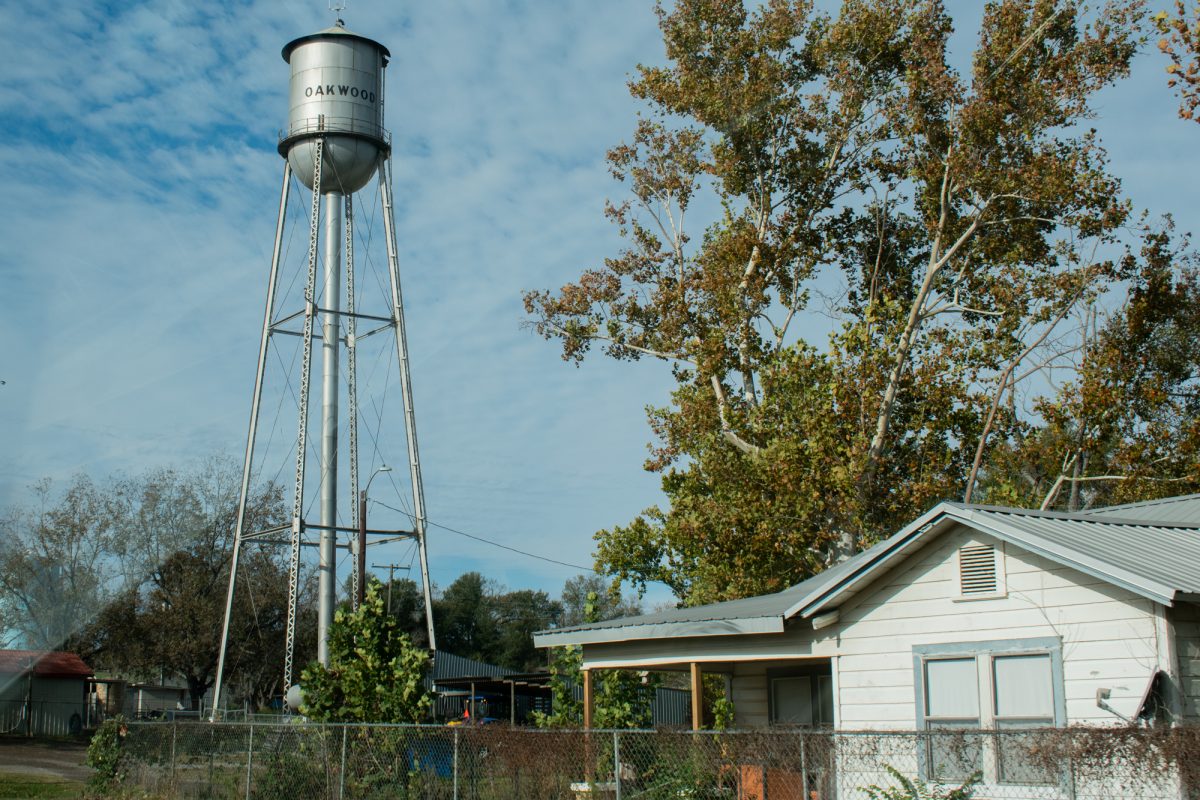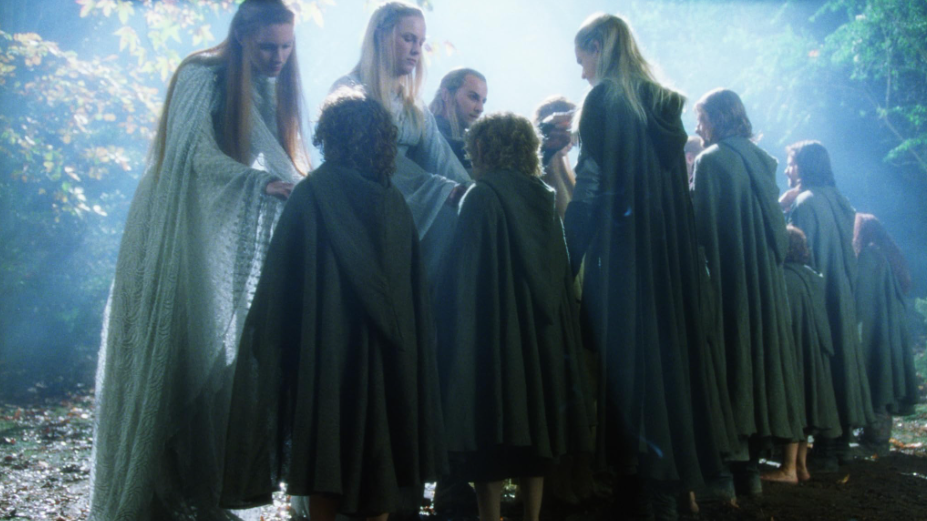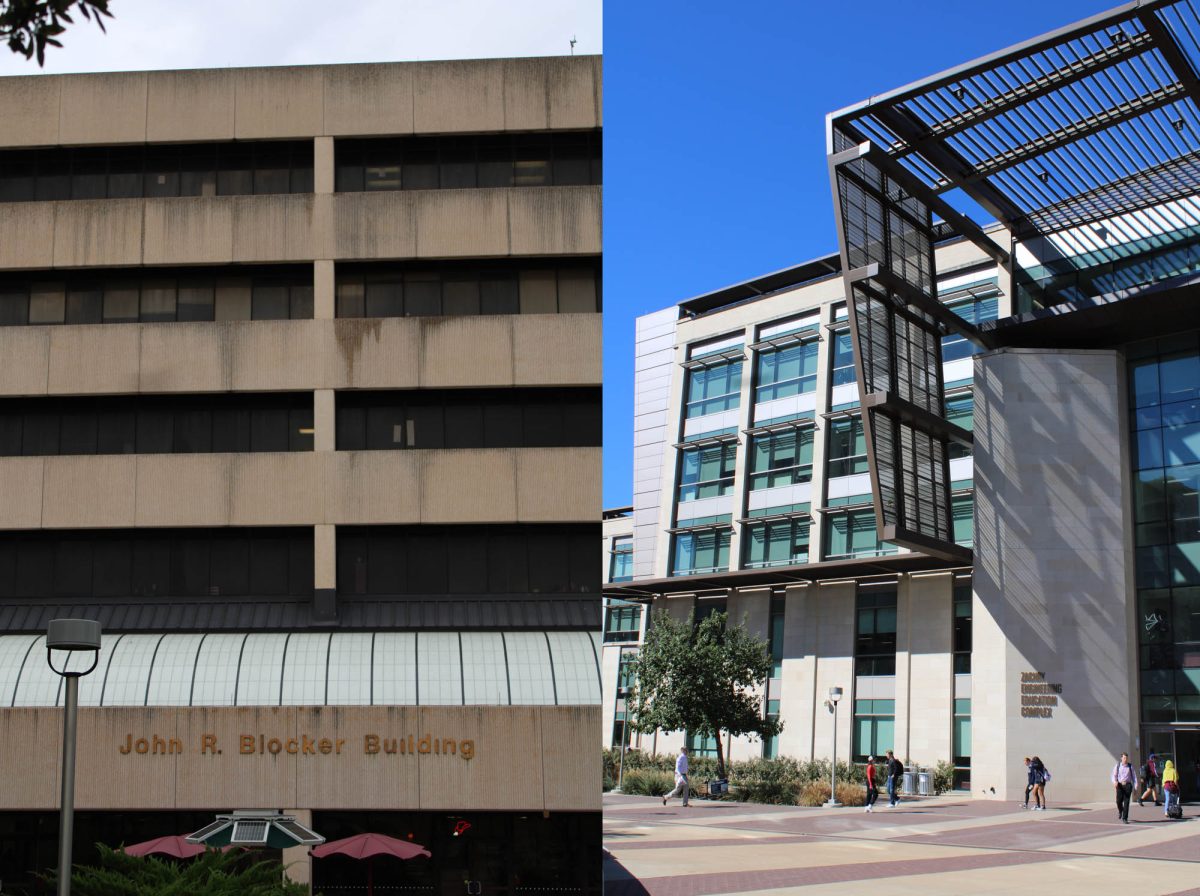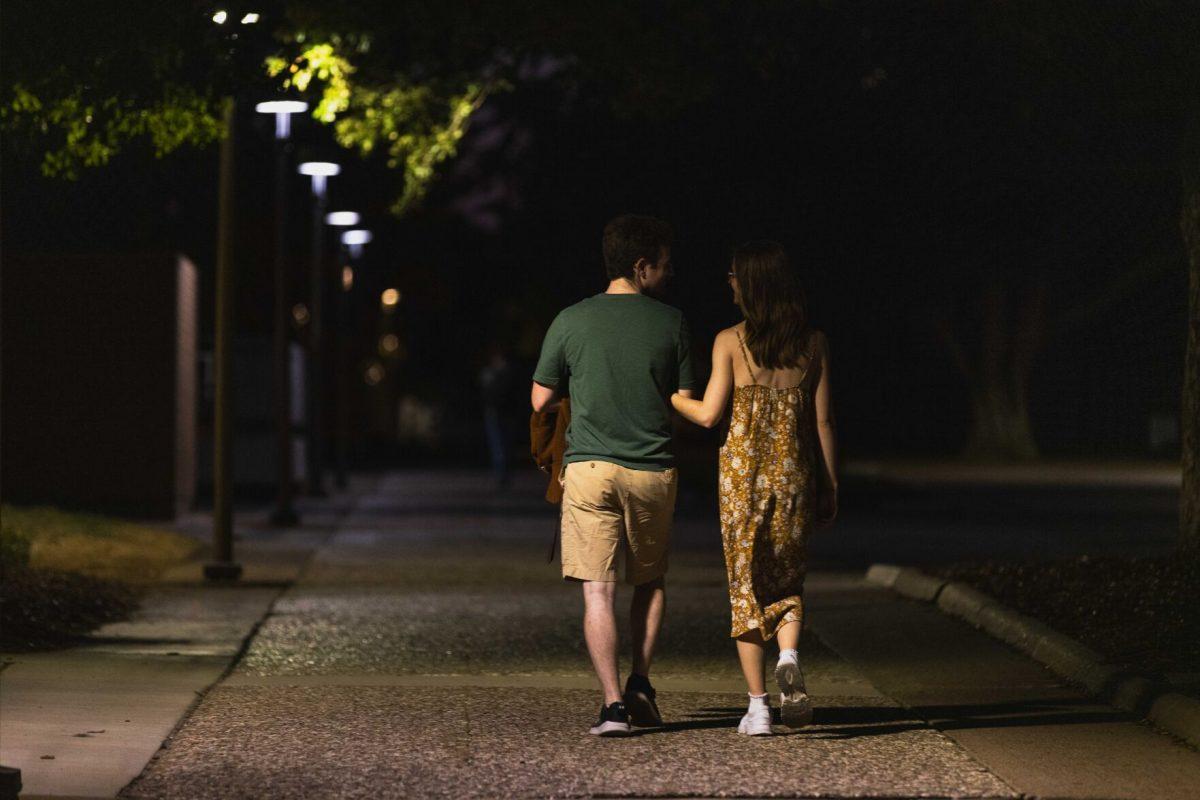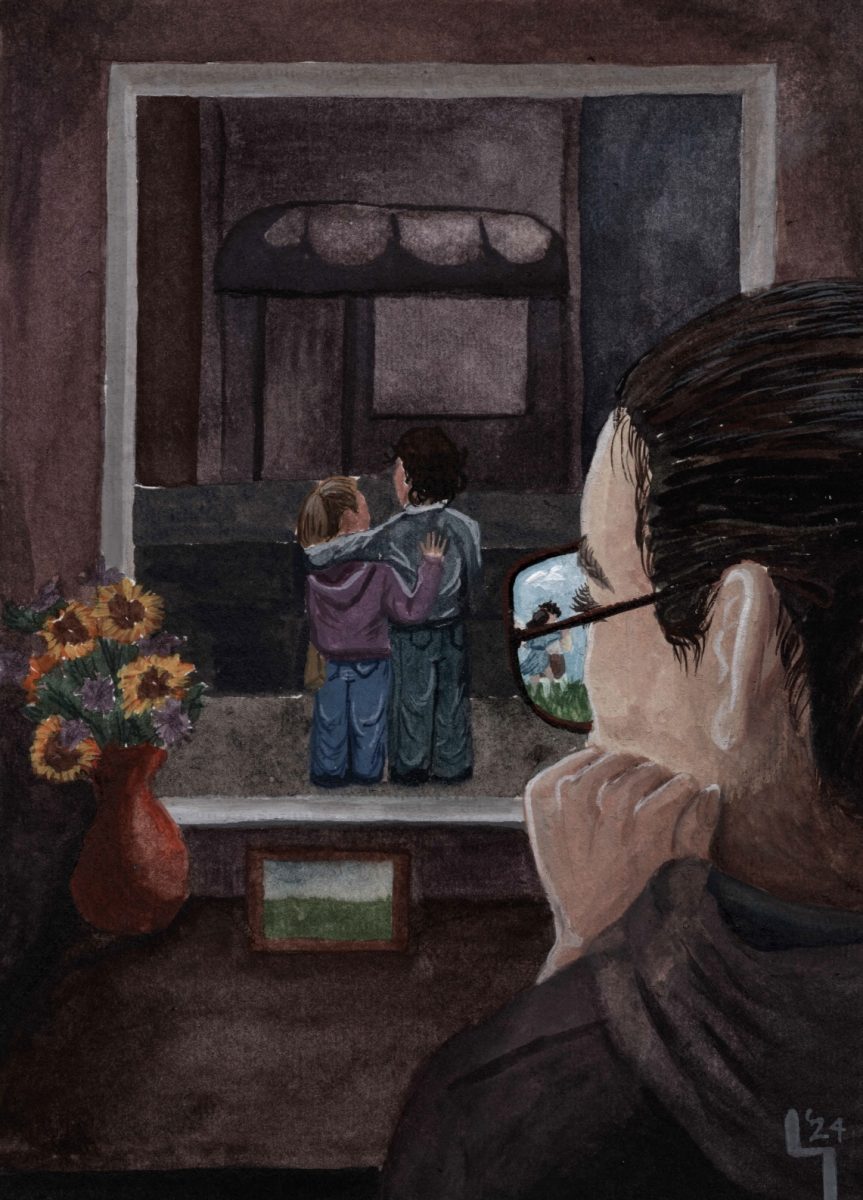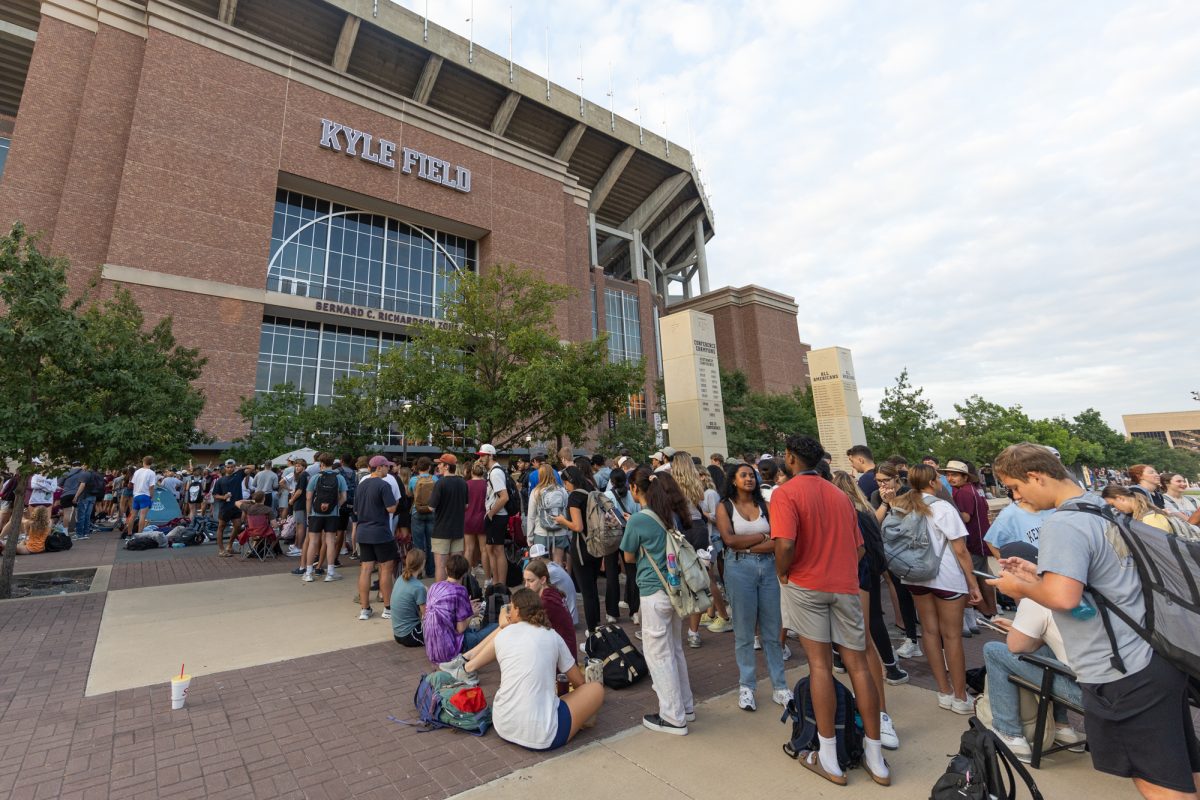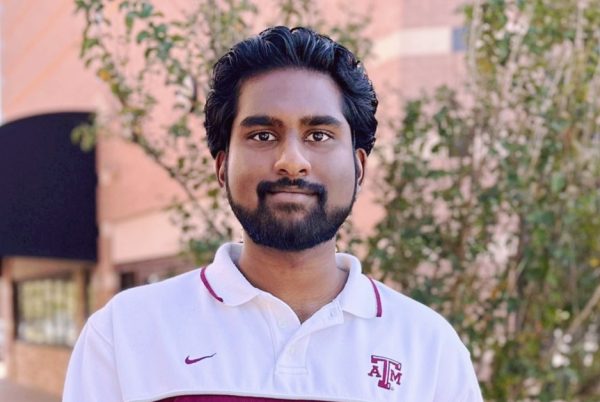City life has always enticed me. I’m drawn to beautiful, ancient and modern architecture, and walkable urban cities are the best way to live. I’m enthralled by the social life in metropolitan areas like New York and Boston: rich in diversity and culture.
So why the hell am I going to college in College Station, Texas — the place where “farmers fight?”
The more I think about it though, the more thankful I feel that I’m able to study at this incredible university.
My 7-year-old immigrant self would be so confused as to why I picked Texas A&M, where my neighbors are cows and horses, cowboy hats are a staple and you’re the odd one out if you aren’t wearing boots at Hurricane Harry’s — but I wouldn’t have it any other way.
People tell you to expand your horizons, and that’s exactly what I’m doing and I’m really glad I’m exposing myself to this kind of lifestyle.
One thing I’ve learned while being here is how important an area like Bryan-College Station is to America. Brazos County isn’t exactly a completely rural area, but there’s a great emphasis on agriculture and farming that contributes to the economy of this region. You don’t see this side of America when living in an urban setting. This menial but incredibly important lifestyle helps keep our country moving.
Unfortunately, many people don’t understand or can’t relate to life in rural parts of America because they don’t live in it. What does this lead to? Lack of equity for rural communities in comparison to suburban and urban communities that disproportionately underrepresent the needs of rural citizens.
The globalization of America since the Industrial Revolution has put major emphasis on urban cities like New York, Chicago and Los Angeles as hubs for business and innovation. This has hurt people who farm because their land is being bought for urban, suburban and corporate expansion; farmers are forced to give up their land and prevented from acquiring new land because of rising land prices.
The media has also played a major factor in misrepresenting rural life.
We have shows like “Hart of Dixie” and “When Calls the Heart,” romanticizing this kind of lifestyle of riding horses across acres of land. The reality of rural life is that a lot of citizens live in impoverished settings, working menial jobs in agriculture that are often overlooked.
Vice President-elect J.D. Vance previously wrote a book which has been widely criticized for misrepresentation of the Appalachian community. Having someone who says they want to help the working class but is ultimately in complete opposition to what the needs are of rural Americans only hurts those they intended to help.
Politicians are also to blame.
Democrats focus heavily on urban areas for their votes and completely neglect people who live in rural areas. How is someone supposed to feel represented if representatives don’t even make the trip out to rural communities and explain what they can provide? Each year, the number of votes citizens in these communities place for Democrats decreases, and this is due to the mistakes Democrats make by not campaigning in these areas.
This allows Republicans to come and sweep all the votes in these areas, and it might be hurting voters.
President-elect Donald Trump promised on the first day of his second term as president to enact mass deportations of illegal immigrants. While I believe no one should be coming into the country without a visa or granted asylum, Trump is not acknowledging the reality that nearly half of hired farmworkers lack legal immigration status. This is going to severely impact not only rural communities, but also the economy as the production of agricultural goods is going to decrease.
Republicans also are against unions. These are vital, as they allow agricultural workers in rural areas to be represented when it comes to fending off monopolies and provide better legislation, which will positively impact their businesses.
So if both political parties, the media and corporations don’t actually care about the rural community of America, it’s going to slowly dissipate from our minds and into the backdrop of America.
This can be seen through the healthcare rural communities receive. People in these areas have less access to hospitals and have to travel many miles to get the care they need. Doctors and healthcare professionals are more resistant to move to these areas, which creates a shortage for care. People also can’t get treated for illnesses that are common in these types of places such as chronic disease, drug addiction and cancer because they don’t have insurance.
There needs to be proper representation for rural communities. The backbone of our country is losing its spine and it will snap if not treated with care and the respect it needs. We will actually see and feel the effects of the agricultural economy declining when prices start increasing due to a lack of supply. Rural towns are going to lose their spark and are going to be forced into assimilating into a modern and corporate lifestyle.
If you don’t think it is going to happen to this community, think again; Hurricane Harry’s — College Station’s iconic dance hall for more than 30 years — has been shut down to build more commercial spaces.
It’s happening before our very eyes, and action must be taken to prevent one of the most important types of communities in our country from vanishing.
Joshua Abraham is a kinesiology junior and opinion writer for The Battalion.



